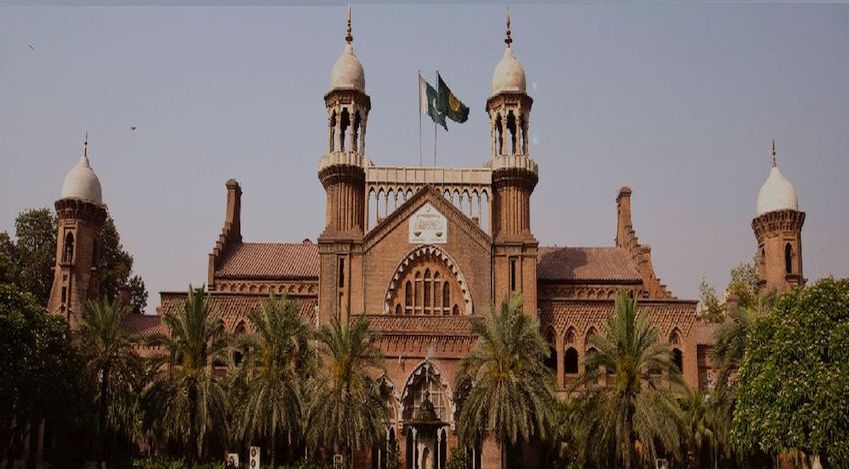Procedural Deficiencies in Frame Key Issues and Evidentiary Evaluation --- Lahore High Court has remanded a Civil Dispute back to the Appellate Court for Fresh Adjudication
Islamabad 04-12-2024: The Lahore High Court, in a significant decision, has remanded a civil dispute concerning land ownership back to the appellate Court for fresh adjudication, citing procedural deficiencies in issue framing and evidentiary evaluation.
The case, Muhammad Ismail & Others Vs. Allah Wasaya & Others (Civil Revision No. 893 of 2017), involved a challenge to Gift Mutation No. 708, where the plaintiffs alleged that the 1987 mutation of 42 Kanals and 14 Marlas of land was fraudulently obtained. The trial Court dismissed the suit, but the appellate Court reversed this decision, prompting the petitioners to seek revision before the Lahore High Court.
Mr. Justice Shujaat Ali Khan emphasized that the trial Court failed to frame a specific issue regarding the limitation period, despite the petitioners raising it as a key objection. The appellate Court also overlooked this flaw, which deprived the parties of a fair opportunity to present evidence on this critical point.
The Court underscored the mandatory nature of framing issues under Order XIV of the Civil Procedure Code (CPC), stating that failure to do so impacts the fairness of the proceedings. The judgment cited Haji Farman Ullah Vs. Latif-ur-Rehman (2015 SCMR 1708) as precedent.
The Lahore High Court observed that cases involving allegations of fraud fall under Section 18 of the Limitation Act, 1908, which allows the limitation period to commence from the date the fraud is discovered. This principle was not adequately addressed by the lower Courts.
The Appellate Court was criticized for failing to decide an application seeking expert comparison of thumb impressions on the disputed mutation before ruling on the main appeal. The Lahore High Court highlighted that miscellaneous applications must be addressed before final adjudication, referencing Muhammad Umer Vs. Muhammad Qasim (1991 SCMR 1232).
The Court noted procedural lapses in the handling of evidence. The petitioners relied on Articles 17, 79, and 82 of the Qanoon-e-Shahadat Order, 1984, arguing they were not obligated to produce attesting witnesses since the mutation was executed before the order’s enactment. Instead, the Evidence Act, 1872, applied.
Additionally, the appellate Court was faulted for forming adverse opinions against the petitioners for not producing certain documents, despite their efforts to summon records.
The Lahore High Court allowed the Civil Revision Petition, setting aside the appellate Court’s judgment and decree dated January 17, 2017. It remanded the case with directions to:
- Frame proper issues, particularly regarding limitation.
- Address pending miscellaneous applications before deciding the appeal.
- Record additional evidence, if necessary, to resolve the dispute comprehensively.
Mr. Justice Shujaat Ali Khan remarked that appellate Courts possess the same powers as trial Courts to correct procedural deficiencies and ensure just adjudication.
The decision reaffirms the importance of procedural compliance in civil litigation, particularly the framing of issues and timely resolution of ancillary applications. It also highlights the need for Courts to address evidentiary gaps and adhere to the principles under the Limitation Act and Qanoon-e-Shahadat Order.








